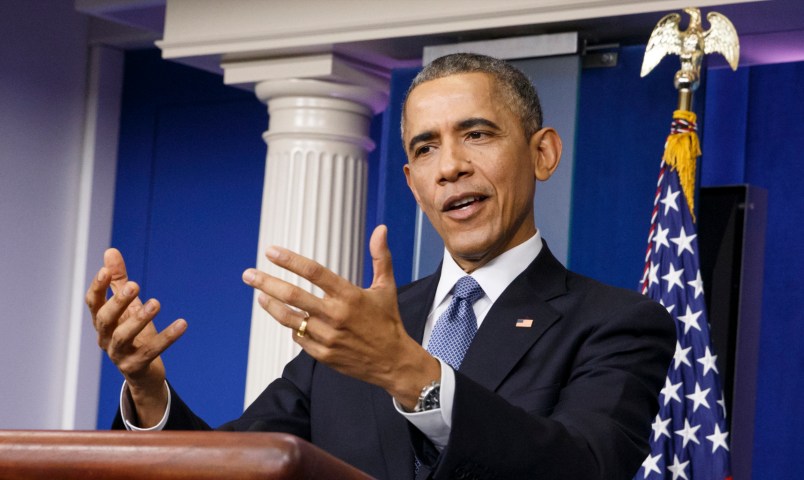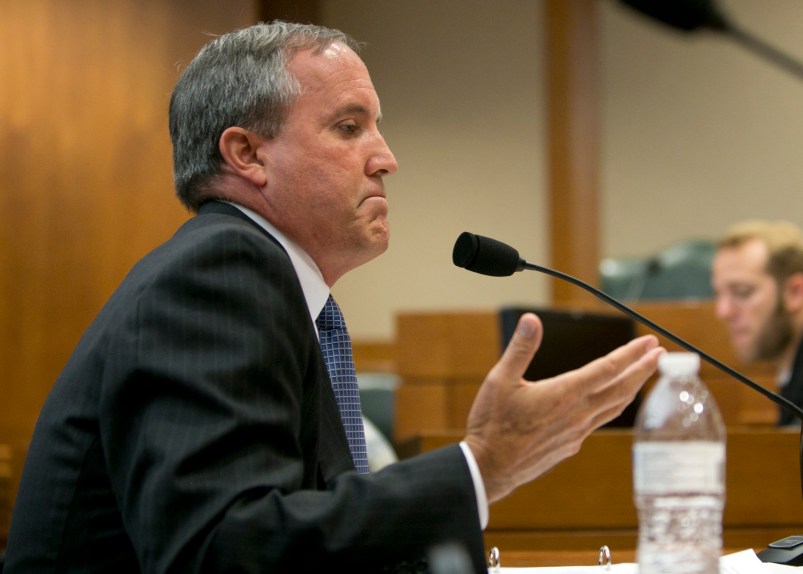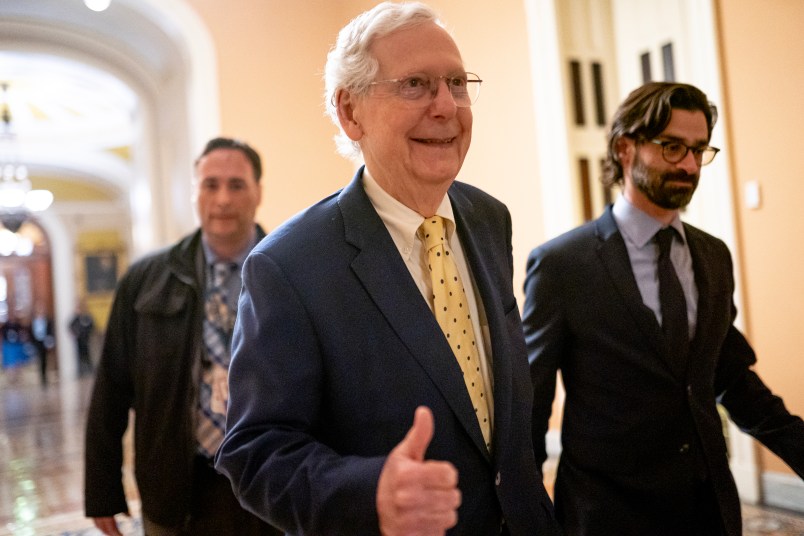In his State of the Union speech last month, President Obama said, “Our economy is growing and creating jobs at the fastest pace since 1999.” Remember 1999? It was a year worthy of playing the Prince anthem named after the year on repeat. A gallon of gas was less than a dollar, health care costs were high-but-not-too-high, and we were not yet a banana republic. Prince’s prophetic lyrics warned us that in “two thousand zero zero” the party would be over. And he was right.
Fast-forward 15 years, and we are finally showing signs of recovery. As President Obama highlighted in the SOTU, our unemployment rate has dipped to pre-recession levels, the economy is growing as fast as it has in a decade, and the rise in health care costs has finally slowed down. This is great news, but the president also made it clear that we are not yet out of the woods. We still need to achieve wage growth—for those of us not making $250,000 per year—and improve income equality. This aspirational economy is linked to health care spending, but unfortunately this link is not always appreciated in the dialogue shaping economic policy.
The think tank Center for American Progress (CAP) recently released a report that will likely frame the economic platform of Hillary Clinton in her inevitable 2016 presidential bid. With contributions by Larry Summers, the Secretary of the Treasury under Bill Clinton, and a veritable who’s who of economists from around the globe, the report chases down the causes of wage growth and economic inequality for certain Organisation of Economic Development (OECD) countries. Notably, the report makes detailed economic policy suggestions for the U.S.
But absent from this report is an examination of the impact of health care costs on wages and prosperity. To discuss our current economic reality without referencing the rise in health care costs is like talking about declining birth rates without mentioning birth control. You can have a robust dialogue, but it paints an incomplete picture.
Many of us are familiar with the astronomical rise in health care costs from $1.3 trillion in 2000 to $2.9 trillion in 2013, and it does not take a PhD to figure out that this is going to impact the economy. What can get obscured is how exactly this escalation affects it.
Rising healthcare costs erased a decade’s worth of middle-income wage growth. Had health care costs risen with inflation from 2000 to 2009, as explained in an article in Health Affairs, a median-income American family of four would have had $5,400 extra dollars to spend per year (1). During the State of the Union, the president noted that the typical American family will have $750 extra this year thanks to low gas prices. The $5,400 that would have come with controlling the rise in health care costs is seven times that amount.
These lost pay-increases due to rising insurance premiums disproportionately affect lower income individuals, contributing significantly to income inequality. The Wall Streeter making $250,000 per year loses less of a potential 5 percent raise to the higher cost of benefits than the middle class worker making $50,000.
It is not simply the costs of healthcare that impact our economic outlook. When health insurance is moored to employment, it decreases job mobility. And job mobility is critical to wage growth and entrepreneurship. When people can leave their jobs without fear of losing health insurance, employers have to pay more to retain them. Also, affordable outside-the-office healthcare enables more people to take the entrepreneurial plunge.
The Affordable Care Act does improve this situation. Market-rate insurance is available outside of the workplace for all. But many in the middle class who do not qualify for subsidies still find insurance too costly. And although it’s good news in that the rise in health care costs has slowed down, health care cost growth still outpaces inflation. Moreover, a slowdown in growth is not the same as the needed decrease in healthcare costs. If the cost of a gallon of gas rose quickly to $10 per gallon and then stopped rising as fast, the fact that gas still costs $10 per gallon would continue to wreak havoc on the economy.
This trifecta of decreased wage growth, growing inequality, and decreased job mobility are at the heart of what the CAP report addresses. Yet the report’s only significant mention in the near 200-page document of the connection of health care costs to the US economy, is when the authors wrote: “With the passage of the Affordable Care Act, a significant element of economic security is guaranteed within the United States regardless of employment status.” (2) This begs the question of why this influential report would not address health care costs beyond acknowledging the improved post-ACA situation for employees.
CAP has been criticized for not disclosing its funding sources, and it is tempting to speculate that undisclosed financial backers from the health care industry might influence its policy suggestions. However, CAP’s own report published in the New England Journal of Medicine highlights the contribution of health care costs to slow wage growth.
Something less sinister is more likely to be behind this negligence, and it’s something that is not unique to this report. The more nuanced connections of health care to the economy are viewed as a piece of the health care debate, but not our economic debate. This is problematic.
It has been well established that health care policy needs to include economic realities in order for us to escape the current quagmire. Acting as if the economy and health care function independent from one another ripened the environment for the escalation of health care costs in the first decade of this millennium. Leaving health care out of the center of our discussion about wage growth and inequality will lead to an incomplete policy. This type of economic policy will leave us similarly scrambling for solutions at the end of the second decade of this millennium.
If we want to party like it’s 1999, then we need to have not just a health policy considering the economy, but an economic policy that considers health care. This may actually enable us to return to those fun-loving-pre-apocalyptic times that Prince sang about.
Brian Costello M.D. is an independent health care consultant, currently working as part of a team examining Medicaid and public health partnerships throughout the country. He studied medicine at the University of Vermont, and he completed a B.A. in economics at Tufts University. He lives in Burlington, Vermont.
1. Inflation-adjusted for 2009.
2. The full quote in context is: “The prime example is health care insurance: In the United States, the prototypical manner in which a middle-class family receives health care insurance is through an employer. In Europe and much of the developed world, health care is delivered through the government. As a consequence, this means that as employment changes and the employer-employee relationship unravels, American families are left far more vulnerable than their counterparts in other countries. With the passage of the Affordable Care Act, a significant element of economic security is guaranteed within the United States regardless of employment status; however, other elements — including pensions, workers’ compensation, and unemployment compensation — are all still tied to employment.”









